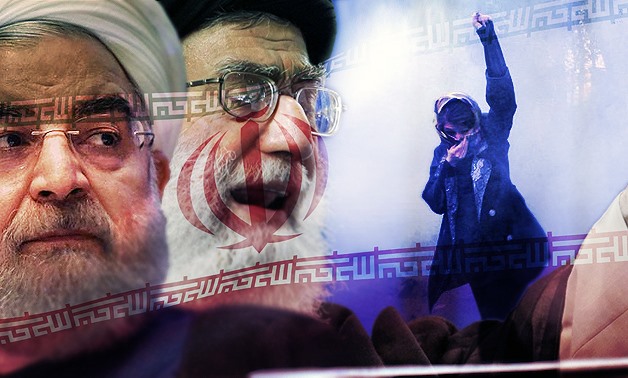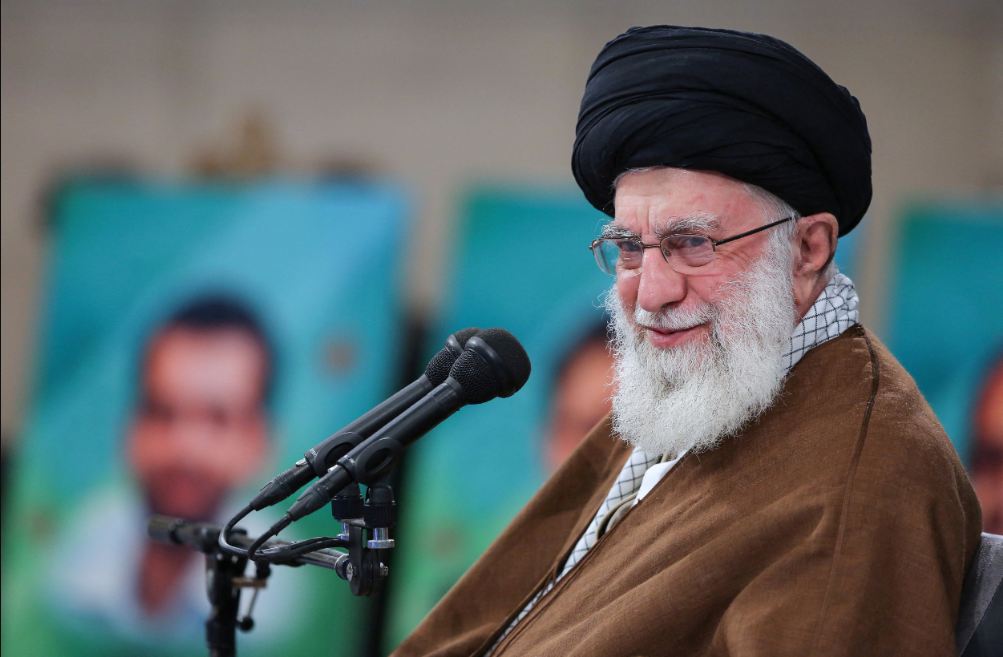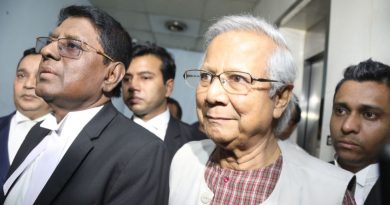Iran to witness a great explosion of popular uprising
by Hassan Mahmoudi
Khamenei well knows that the instant he stops execution and suppression nothing will be left of his regime.
As admitted by many Iranian regime officials, brutal suppression and the execution of dissidents, reduction in the oil price, reduction of exchange reserves, governmental corruption, and the government’s mismanagement regarding the spread of Covid-19 with more than 106,000 deaths at this time, has brought Iran to the point of a potentially unprecedented socio-political revolt around the anniversary of the November 2019 uprising.
Analyst Hasan Bayadi, from Iran, expressed how much the regime fears new revolts. On August 30, 2020, he told the state-run Entekhab website: “There is a possibility of unprecedented socio-political events before the end of December. Due to the government’s mismanagement, people believe in no political current. They are discontent and former dialogues have borne no fruit. So we must rigorously analyze the existing problems.”
Mardomsalari state-run daily wrote on August 31, “The way out of a dead-end is using offensive tools… The protest movements of December 2017 and November 2019 and the wrong response to them was not a good example. It is clear that violent acts can have very negative consequences.”
MP Hashem Harisi said on June 29, 2020, “The current situation of Iran’s society is not tolerable. Each day the gap between the people and the government widens. The situation is too fragile. We cannot sit and wait for the problems to solve themselves.”
Under such circumstances, the regime is planning preventive measures as before. According to reports obtained from inside Iran, on Monday, September 14, Mohammad Yazdi, commander of the ‘Mohammad Rasool-allah’ corps of Tehran announced that a plan called ‘Neighborhood Security’ would be carried out. This plan will use the capacity of the Basij paramilitary bases and will form ‘hit squads’ in different regions of Tehran to, as he puts it, provide the security of all the capital’s neighborhoods. He said that these squads are tasked with confronting ‘thugs, thieves and security disruptors’ but the regime is actually getting ready to confront the danger of any popular uprising, ready to erupt at any moment. Other than that, addressing petty crime such as theft has always been a police task.
So far, the Islamic Revolutionary Guards Corps (IRGC), as the main apparatus of the mullahs’ rule, has always come up with the security and anti-humane plans for suppressing people’s protests. It disguises this under the pretext of ‘giving a hand to the police force’. In 2008 and then during the controversial elections of 2009, the IRGC carried out the plan of having Security Patrols in groups of five in 1000 points of various cities throughout the country.
The regime knew that after the outcome of a predetermined election in which Ahmadinejad would once again become the president, protests would erupt. In the late fall of 2017, a month before the January 2018 uprising and while there were severe economic crises due to the return of the sanctions, another security plan was carried out using IRGC patrols, called “the epic of security and service” by which the regime committed the crime it did in the killings of that month.
With the current state of Iranian society, when the coronavirus pandemic and the regime’s inaction leaving more than 106,000 deaths are added to the economic crisis, poverty and hunger, the regime is clinging to the plan of ‘Neighborhood Security’ and forming the ‘hit squads’, spoken of for a long time. These squads are the force of suppression, spreading fear and horror throughout the cities.
A month ago, Mohammad Yazdi announced: “Reinforcement of Neighborhood Basij bases is one of our main priorities in the current year. These bases have become weak but as the honorable leadership has ordered (Basij must be present in all the neighborhoods) we are trying to carry out this order the best way we can.”
“The enemy has plans to take advantage of the improper economic condition and provoke people to confront the Nezam (Islamic Republic regime) and provoke riots,” he had formerly said.
But the people of Iran both know and have experienced in all these years that what Khamenei and other regime officials, as well as its security apparatus, have done in planning for the suppression of nationwide protests radiates from the nightmare that has shadowed them all. Khamenei and other regime officials know that it is not only the regime’s Basij force and its bases that have weakened, which they confess to, but the regime in its entirety is trembling in fear of popular revolt.
The people of Iran now want the UN and especially the UN Security Council (UNSC) to trigger the sanctions stated in six resolutions against this regime in response to its executions and mass killings; if not Khamenei will continue with more of the same because this is the tool of his regime’s survival. Khamenei well knows that the instant he stops execution and suppression nothing will be left of his regime.
Navid Afkari’s execution has revived a new wave of revolt amongst the youths of Iran. Protest and uprising have found an opportunity to show itself.
The poor, the army of hungry people, and an army of mourning people hurt by this regime throughout the 41 years of its rule will find the appropriate moment. When that moment comes, none of all these suppressive plans, nor its IRGC or its security apparatus will be able to stop the flood of this army that will erase this regime from the face of Iran.
Hassan Mahmoudi is a Europe-based social analyst, researcher, independent observer, and commentator of Middle Eastern and Iranian Politics. He tweets under @hassan_mahmou1.



